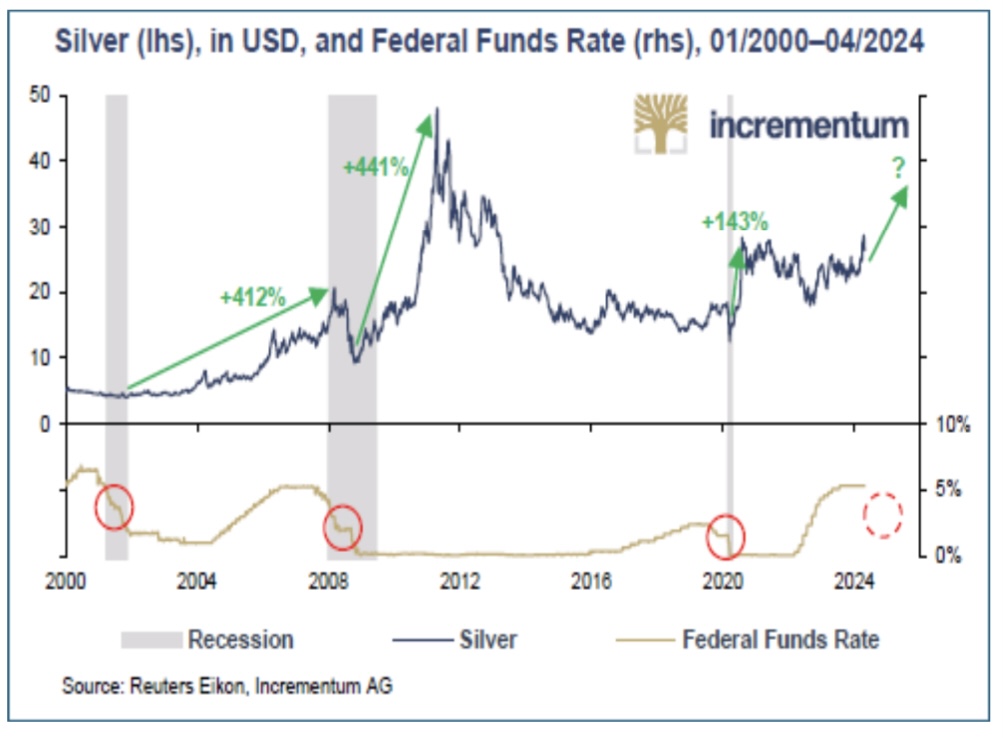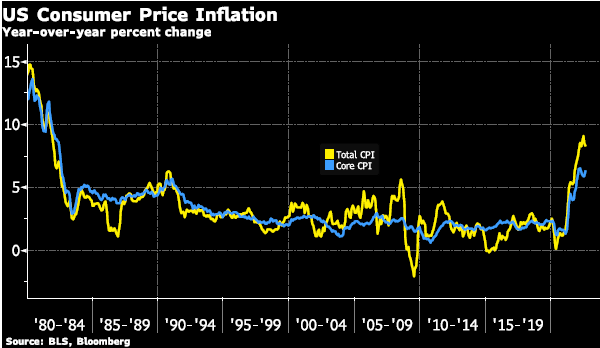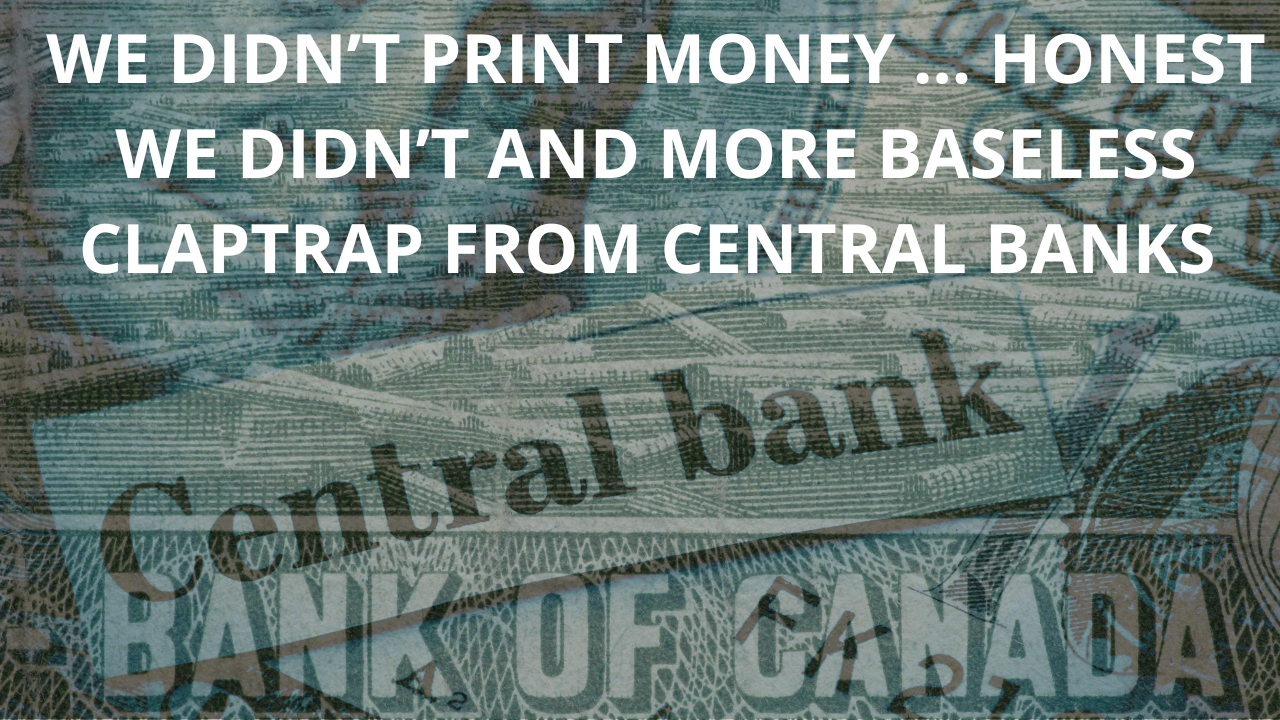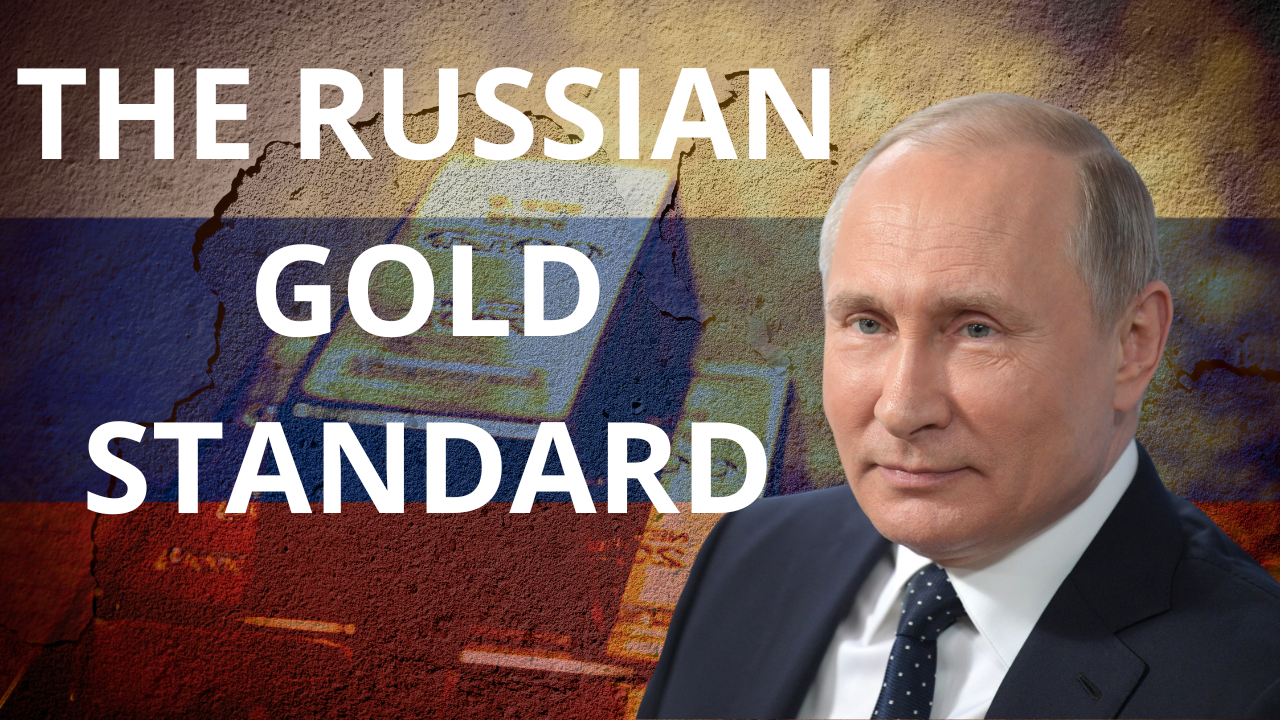
India’s prime minister Nahendra Modi, author of the recent overnight currency ban Photo credit: indiatimes.com - Click to enlarge
Chaos in the Wake of the Ban
Here is a link to Part 1, about what happened in the first two days after India’s government made Rs 500 (~$7.50) and Rs 1,000 (~$15) banknotes illegal. They can now only be converted to Rs 100 (~$1.50) or lower denomination notes, at bank branches or post offices. Banks were closed the first day after the decision. What follows is the crux of what has happened over the subsequent four days.
Today India is on the verge of a major social-political crisis, unless either the government backs off from the decision of banning the currency or some real magic happens. There is chaos in the streets and daily life is slowly but surely coming to a full halt.
What Modi did was not only heavy-handed, hugely arrogant, and of no value, it has been very badly implemented to boot — as everything in India always is — and carries the real potential of escalating and snowballing into something horrific. They could have seen that this was not going to end well by simply using primary school math.
Modi, Nationalism, and the Public School-Indoctrinated Middle Class
India today is like a cult under the influence of Narendra Modi — in which unlike in the past, not the poorest or uneducated citizens, but mostly members of the so-called educated middle class participate. Over the last two decades, people have been exposed to mass education, TV and nationalistic propaganda without being taught an iota of critical thinking skills.
In a society in which the concept of reason does not exist, this has made these people receptive to any kind of propaganda with a nationalistic or Hindutva bent. (Hindutva = fanatical Hinduism, which is rapidly metastasizing).
To aggrandize his position, Modi ordered a lot of military-hardware that India cannot afford, escalated tensions with Pakistan, and conducted what was very likely a fake surgical strike inside Pakistan. This united Indians under the flag.
Now, the demonetization of the Rs 500 and Rs 1000 banknotes was tagged with nationalism, anti-corruption, and anti-terrorism. Simple-minded, slogan-susceptible persons were hardwired to accept an erroneous causality. Those who did not go along were made to be afraid of being called pro-terrorist elements.
Those in the middle class have taken what they deem to be the higher moral ground, for they have mostly avoided suffering from the demonetization. Lacking moral instincts — which is unfortunately the case with much of Indian society, given its deep-rooted irrationality and superstitions — they cannot see or feel the pain of those who are suffering, even if that suffering stares into their faces.
But events are in motion that will likely very soon lead to these salaried members of the middle class starting to feel the pain as well. Their instinctive trust in Modi is likely within weeks of coming crashing down, not because of reasoned argument, but because they will be facing similar problems as the ones the common man is now facing.
Conversion to the New CurrencyI went to convert my banned banknotes into new ones. The largest amount one can have converted is Rs 4,000 ($60), until further notice. There was a huge rush of people at the bank. Arguments were erupting, as people refused to stand in queues and the banks gave no explanation of what needed to be done. Fights were breaking out. Amid the chaos I finally learned that there were three queues I had to go through in a sequence. I had to get a form from one counter, which I had to fill in with my name and address, my ID card details, the serial numbers of all the bills I wanted to exchange, and my cell-phone number. At the second counter, I then had to present the completed form along with a photocopy of my ID card. I had to sign on the photocopy which an official then stamped. With my banknotes, the form and the photocopy of my ID card, I then went to the next queue to get my currency converted at a third counter. The whole process took about two hours. For most people in the busier parts of the cities, it took much longer. |
Day 1 of the banks opening. Poor, desperate people, whom the government treats like slaves or perhaps insects. Somehow these people have been brainwashed into thinking they live in a free country. My granddad kept photographs of British royalty on the walls of his office until his final days, for he had realized that the British had treated him much better. |
| Anyone who thinks that a country which wastes two hours of every citizen’s life to convert his own $60 can ever hope to be an economic power is drinking too much Kool-Aid and cannot do primary level math. Forget any possibility of removing unaccounted for money or reducing corruption, what Modi is doing is a recipe for the destruction of whatever legitimate economy there is.
That same afternoon, I went to the post office with a friend who wanted to get his money converted. After waiting a long time there, we found out that the post office had run out of cash. Since then most ATMs have had limited amounts of cash available and banks keep running out of cash as well. The queues have continued to grow. People start lining up late into the night waiting for banks to open and still have to go back home with no cash. What started with two hours of queuing is becoming an endless slog now. |
An endless queue to convert Rs 4,000 (USD 60). Will they actually go home with their new cash? |
The Problems Go Much DeeperHalf of India’s citizens do not have a bank account and around 25% do not even have an ID card. These are the country’s poorest people, who have no way of converting their money – even if they learn how to do it, which is already a nigh insurmountable hurdle. Also, those who are old, disabled or sick have no choice but to suffer, for without personally visiting a bank branch office, one cannot convert one’s banknotes. 97% of the Indian economy is cash-based. With 88% of all outstanding currency no longer usable, the economy is coming to a standstill. The daily-wage laborer, who leads a hand-to-mouth existence in a country with GDP per capita of a mere $1,600, no longer has work, as his employer has no cash to pay his wages. His life is in utter chaos. He is not as smart as Modi — despite the fact that Modi has no real life experience except as a bully and perhaps in his early days as a tea-seller at a train-station. He has no clue where his life is headed from here. These people are going hungry, and some have begun to raid food shops. People are dying for lack of treatment at hospitals. Old people are dying in the endless queues. Some are killing themselves, as they are unable to comprehend the situation and simply don’t know what to do. There are now hundreds of such stories in the media. Small businesses are in shambles, and many will probably never recover. The Hindu wedding season has just started and people are left with unusable banknotes. Their personal and family lives are now an utter disaster. Lacking moral and rational anchors, and hence compassion, members of the salaried middle class are unperturbed. Their salaries get taxed and most of the bribes they are getting end up in gold or property investments. In their minds, poor people and small businesses don’t matter. In the hypocritical culture of India, as long as the middle class is not suffering — for the time being — they prefer to take what they believe to be the higher moral ground. |
|
Why This Problem Will Get Much WorseLet us do a few simple numbers… What has been made illegal comprises 88% of the monetary value of all currency notes in circulation. In an economy based primarily on cash, the liquidity of cash is the lifeline of the economy. This requires that 88% of the new currency be rapidly dispersed into the market. The Indian government has absolutely no history of being able to entertain a project of this type or magnitude ever and after the British left, India’s institutions have continued to deteriorate, so hope is not an option. If they fail to issue enough new bills, the very limited supply of Rs 100 notes will disappear within a few days. As any rational person has a tendency to store good money while using bad money in transactions, people will hide all newly released currency as well as Rs 100 banknotes until full liquidity is restored. The rich and the well-connected have already done what was needed. A reminder of Gresham’s law for Modi: “Bad money drives out good money.” Those who have no need to convert their money as all their cash is already in the banking system (as is the case with the salaried middle class), which they think is making them look like a heroes in the eyes of Modi and is giving them a sense of moral superiority – they are nothing but turkeys being groomed. Banks are giving out a mere Rs 20,000 ($300) a week at best. Their lives will suffer and for all intents and purposes, their accounts are frozen. This is Cyprus ten times over – they just haven’t realized it yet. Whichever way one looks at the above numbers, India’s economy is going to start suffocating, within weeks, if not within days. And a serious political and social crisis will take place, which will eventually acquire a life of its own. That is when the as of yet unperturbed salaried middle class wakes up with pain. As in any irrational system, it is not reason and morality that will have convinced them to scuttle their hypocrisy and limited vision, but the violence and pain that they themselves will suffer. |
Desperate people raiding a supermarket |
CorruptionPoliticians and bureaucrats of course cannot be seen queuing at the banks. Many bank branches apparently had their cash secretly replaced by the now-illegal bills before the first day of reopening. While no more than two bills of Rs 2000 each should have been collected, those better connected apparently haven’t had a problem with this and have been shown showing off packets of the new currency they have. All this cash will do nothing but end up under mattresses, as it has in the past. |
|
| As I walk around, corruption is everywhere and has grown exponentially, not only in financial terms but worst of all, in terms of the humiliation and degradation Indians are suffering. And I don’t know how a humiliated, soulless person can be anything but corrupt.
In village after village people have stopped working, even if they had work, as they can now join the queues at the banks to convert other people’s banknotes for a commission. For many young people, this is a wise entrepreneurial decision, as they are making many times the money they would have otherwise made for now. But they are being trained to make money from non-productive activities — not from wealth-creation, but from unnecessary problems created by the government. Are they being groomed for a corruption-free society? One has to be naive to respond affirmatively. |
|
| Fear of the tax authorities means that the level of bribes being offered has gone up. Random people can now impersonate tax officers and collect bribes. People are in the grip of a fear psychosis. Many are emptying their bank deposit boxes, which means that crime will inevitably increase in coming days.
People are constantly worrying about what Modi’s next knee-jerk act might be and how to protect themselves against it. A police state is knocking at the doors. A receptive environment has been created in which all kinds of rumors are taking wing. Today, salt is selling for Rs 400 ($6) per kilogram, as rumors have been making the rounds that it is about to disappear. This of course creates a situation in which it will actually disappear. The same is happening with sugar. The largely irrational masses are eagerly devouring a great many random rumors. Lesson for Modi: Never, ever destabilize a society that works through conventions rather than reason, for it has no way to return to a normal state of affairs without a huge amount of pain and violence. Simply look at neighboring countries in order to understand this. Chronic fear is slowly overtaking the mood of Indians, particularly those who run businesses. They have not only completely lost their trust in the government, but the tax department has been raiding people’s premises to scare those who are trying to salvage what they have. They have stopped worrying about creating value. Everyone is talking about what to do with the banned banknotes, for even if they are fully accounted for, people fear that the increasingly rapacious tax authorities will make trouble anyway. |
Uncertainty has gripped the populace. Not everyone is capable of grasping the situation and dealing with it. |
| People are now converting whatever they can into gold, silver, and mostly for the first time into the US dollar and other foreign currencies as well, all of which are trading at huge premiums. Money is also moving out of the country. Gold has shot up to as much as $2,800 per ounce, if you can find it.
Lesson for Modi: The reason people trust Switzerland is because it has hundreds of years of history of protecting private property. Singapore has done an equally good job, but it still lags behind Switzerland, because trust requires a very, very long history of institutional honesty and integrity. India is back to level zero for now. When future generations look back, they will see the current demonetization as the worst event in the history of post-colonial India. Finally, the new bills have actually worsened the counterfeiting problem they were supposed to solve. People do not have any experience with what the new banknotes look like. Within a mere three days, counterfeits are already in circulation. Contrary to the government’s claims, the new bills are not any more sophisticated than the old ones and are made of simple paper. |
Why Has the Government Miscalculated?
The most productive job Modi ever had was running a tea-shop at a railway station, which he then gave up to become a bully. He is a complete stranger to complex thought. He is simplistic in his thinking and does not understand the second-order consequences of his actions.
First he increased Hindu fanaticism, then he participated in collectivizing people using nationalism, then he created problems with Kashmir through his heavy-handedness.
He completely failed to liberalize the economy or remove corruption from public life, which is an almost impossible job. Quite ironically, Modi is making it possible for public servants to escape scrutiny, the very people who are the fountainhead of all corruption.
A simplistic mind is also arrogant. Such a mind — unable to conceive the possibility of unintended consequences — thinks all that has to be done is to issue orders and everything will fall in place. Alas, this may work when shooting innocent people in Kashmir and in other destructive ventures, but when it comes to institutionalizing social progress, a more complex and intelligent approach is needed.
All of India’s institutions have continued to deteriorate since the British have left. They are rotting away and are in shambles. India had some breathing space over the past three decades because of the free gifts of the internet and cheap telephony which it got from the West.
This has merely made Indian governments more rapacious and so-called educated Indians more arrogant. They collectively lack the capacity to improve India’s institutions after having destroyed them. Demonetization may well be the straw that will break the camel’s back by accelerating the deterioration of India’s institutions toward the point of breakdown, perhaps in weeks if not already in coming days.
Conclusion – What Can One Do?
As Indian, be a speculator – even if the government does not like it and will blame you for all ills. Try to keep as much of your money in cash, in Rs 100 notes. Rs 2,000 notes have no value when you go shopping for groceries. Keep a supply of water and dried food sufficient for a few months’ needs.
Cash is disappearing and even before that the economy was stumbling. It might take just one more small domino — more strain on liquidity — to bring about systemic problems in the economy that could bring crucial transactions, businesses and supply lines to a halt.
If systemic violence spreads, everything will be complicated further. Think of Zimbabwe. It pays to be prepared, particularly when we are ruled by zombies.
Photos and videos by courtesy of Jayant Bhandari.
Jayant Bhandari grew up in India. He advises institutional investors on investing in the junior mining industry. He writes on political, economic and cultural issues for several publications. He is a contributing editor of the Liberty magazine. He runs a yearly seminar in Vancouver titled Capitalism & Morality.
Full story here Are you the author? Previous post See more for Next post
Tags: Narendra Modi,newslettersent,On Economy,On Politics,Precious Metals











































